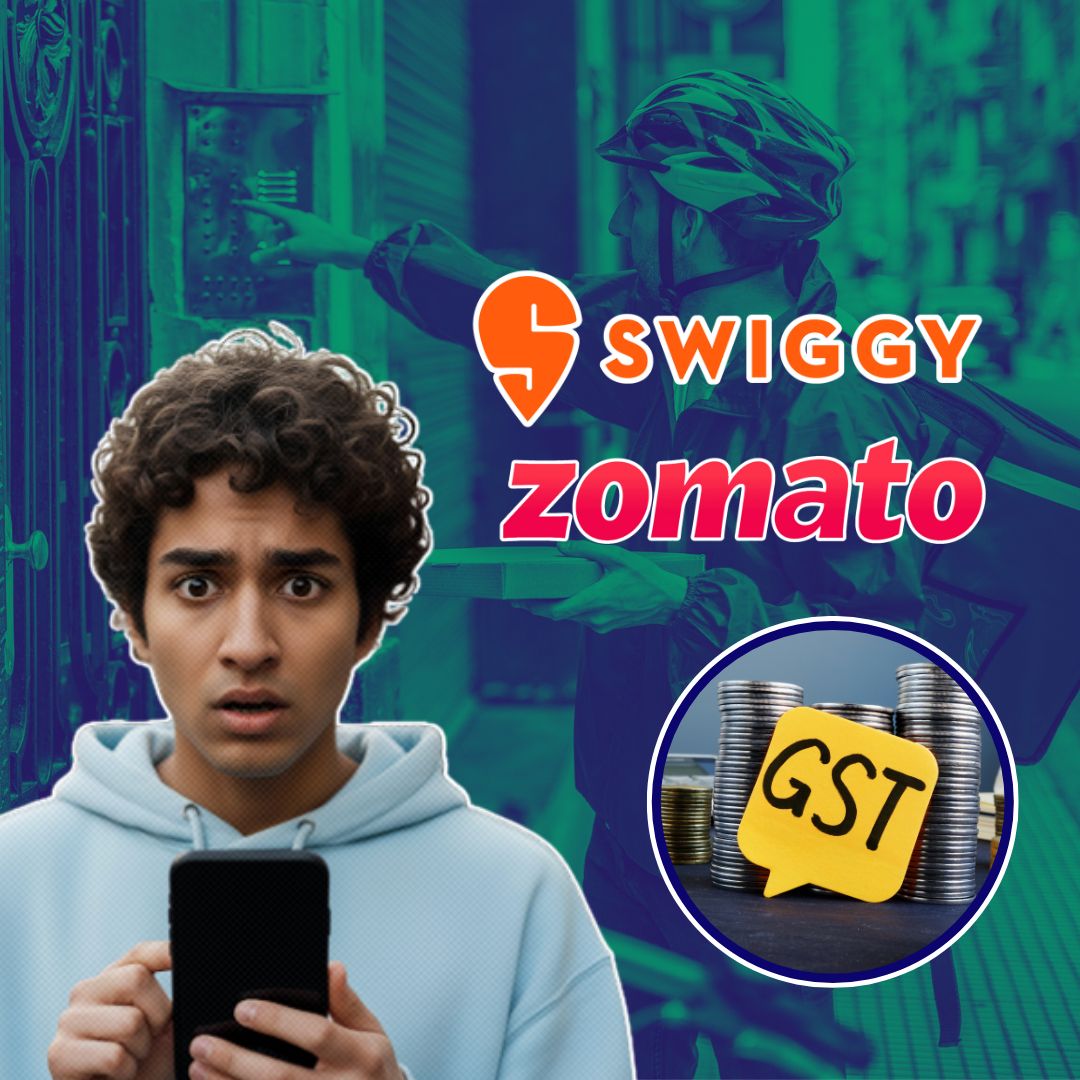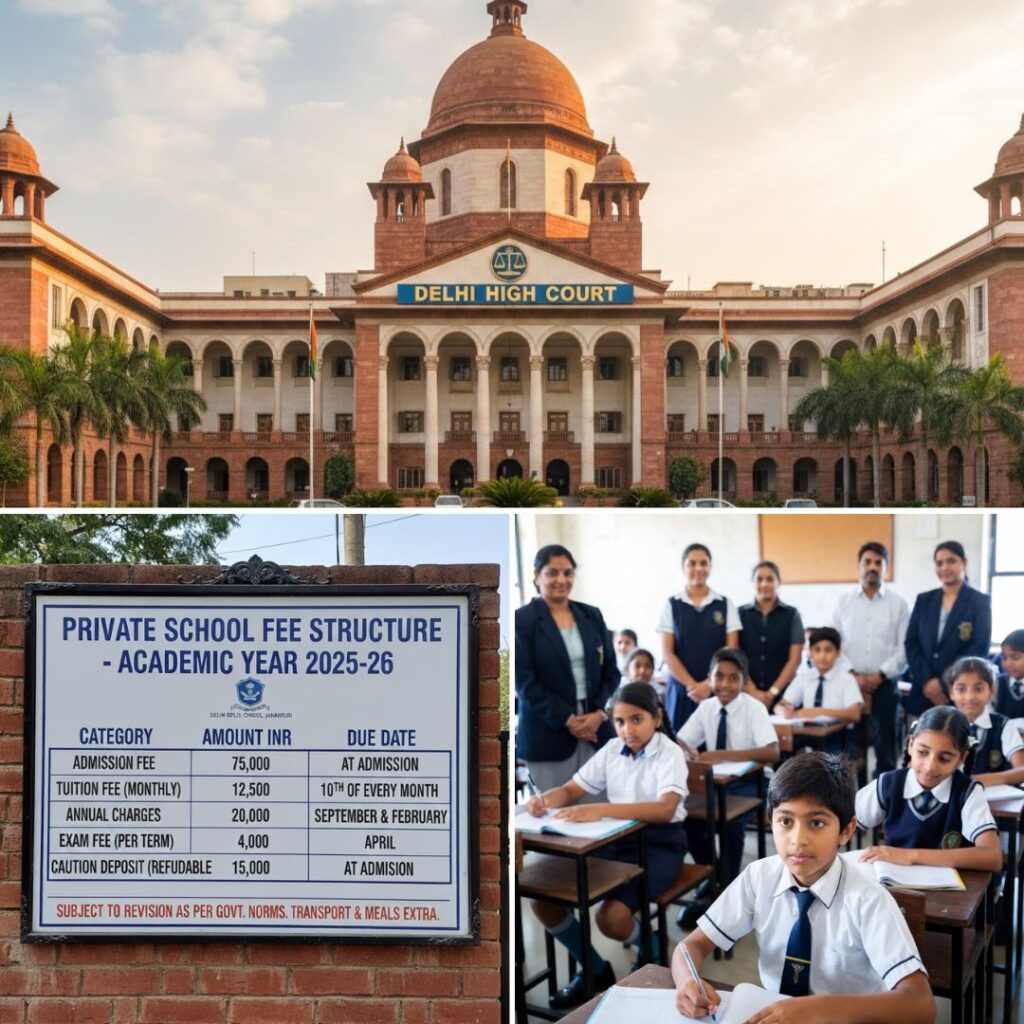Starting September 22, 2025, food delivery charges by major platforms like Zomato and Swiggy will attract an 18% Goods and Services Tax (GST) as mandated by the GST Council under Section 9(5) of the CGST Act.
The ruling closes a gap that previously allowed these companies to classify delivery fees as pass-through costs exempt from GST, leading to estimated additional costs of about Rs 2 per order for Zomato and Rs 2.6 for Swiggy.
This has sparked concerns about increased consumer costs and reduced earnings for delivery partners, with companies planning to share the tax burden across these groups. Analysts indicate this will represent an annual GST liability of Rs 180-200 crore each for the platforms.
The decision aims to ensure fair tax compliance but comes amid industry cost pressures and evolving consumer demand.
Delivery Fee GST Impact and Cost Implications
The government’s decision marks a definitive step to tax delivery fees on food and quick commerce services routed through digital platforms. Previously, Zomato and Swiggy avoided GST on deliveries by treating the fees as pass-through charges to riders, rather than revenue. Now, these fees unequivocally attract 18% GST, adding roughly Rs 2 to Rs 2.6 per delivery order depending on the platform.
For example, Zomato’s fees average Rs 11-12 and Swiggy’s about Rs 14.5, so the tax represents a modest but non-negligible increase. Swiggy’s Instamart quick commerce service faces a lower impact due to smaller delivery fees around Rs 4, while Blinkit, owned by Zomato, already includes GST on delivery charges, meaning minimal incremental tax impact there.
The platforms have already begun raising platform fees, with Swiggy increasing fees from Rs 12 to Rs 15 and Zomato similarly hiking charges to offset rising costs. This could translate into higher delivery bills for consumers and squeezed earnings for thousands of delivery workers who are likely to bear part of the tax burden.
Background and Industry Context
The GST Council’s inclusion of delivery fees under Section 9(5) clarifies tax collection responsibilities for digital operators and closes long-standing loopholes exploited since 2017. This follows several tax demands being issued to Zomato (Rs 803 crore demand from 2019-2022) and Swiggy, which had classified delivery fees in ways that exempted them from GST, despite generating significant revenues from these charges.
The reform aligns tax policy with the booming digital economy and e-commerce growth in India, ensuring uniform tax compliance. Though the immediate effect is a cost increase, analysts and brokerages like JM Financial indicate demand sensitivity to price rises remains low, suggesting platforms could pass many costs to customers.
Furthermore, recent reductions in GST rates on common grocery and food items might offset some cost pressure, potentially preserving consumer spending power despite growing delivery fees.
The Logical Indian’s Perspective
The GST Council’s move to tax delivery fees reflects urgent fiscal policy reforms needed to ensure fairness and proper tax contribution by fast-growing digital companies. However, this step must balance economic objectives with social realities.
The food delivery sector employs millions of gig workers whose incomes are vulnerable to cost-sharing measures that platform companies might impose. Simultaneously, higher delivery charges risk reducing affordability for consumers, particularly those reliant on these services in urban and semi-urban areas.
The Logical Indian believes that effective implementation must be accompanied by stakeholder dialogues to safeguard delivery workers’ livelihoods and consumer interests, while reinforcing transparent tax practices.











